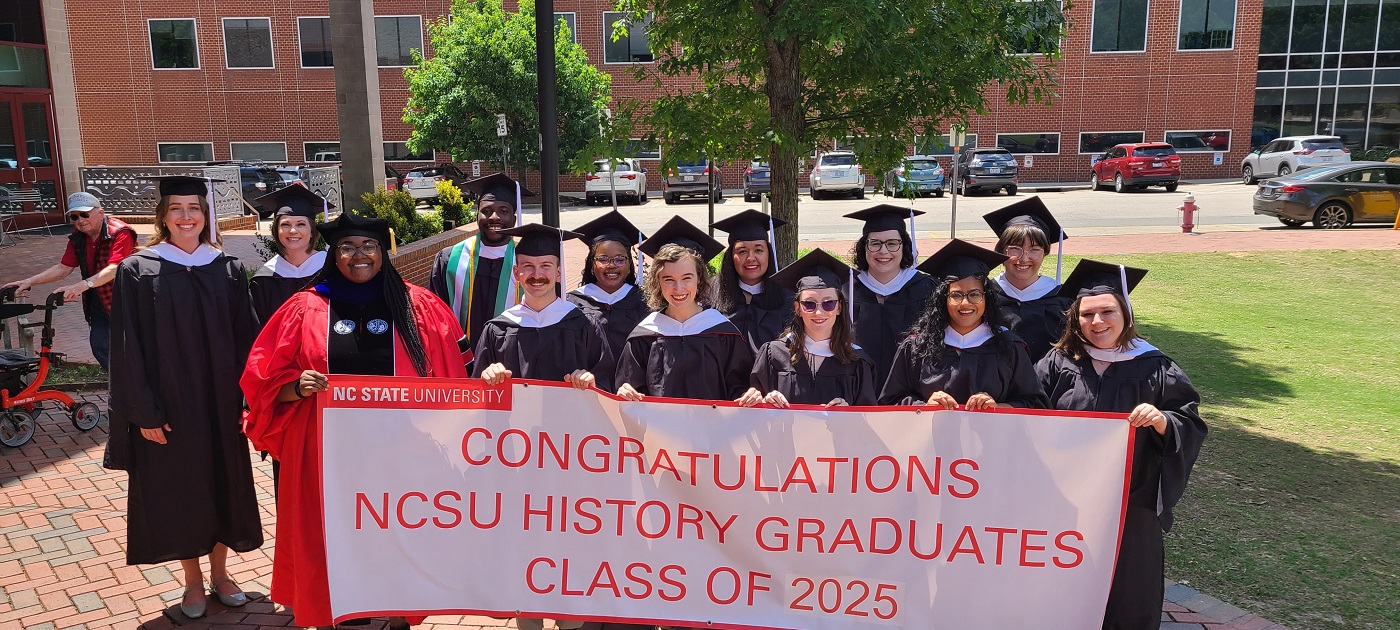Tragic Pragmatism: Liberia and the United States, 1971-1985
Casper, Clifford. “Tragic Pragmatism: Liberia and the United States, 1971-1985.” (Under the direction of Dr. Nancy Mitchell.)
The thesis focuses on the US-Liberian relationship from 1971-1985, a time when the cold war entered Africa. In 1975, Cuban troops poured into Angola, and in 1977 more Cubans entered Ethiopia. These events affected US relations with Liberia, long considered a dependable and stable American ally in Africa. William Tolbert, who governed Liberia from 1971 to 1980, strove to raise his country’s profile on the continent and to put some distance between Monrovia and Washington. In 1980, he was overthrown and murdered by Samuel Doe, the new leader of Liberia. Doe, who would rule for a decade, was a ruthless dictator who led his country to the onslaught of civil war. Nevertheless, during the Doe years, US aid to Liberia increased dramatically; under Reagan, Liberia became the largest recipient of US aid in sub-Saharan Africa. The cost of this aid was relatively low for the United States in comparison to its benefits: leverage over a pro-American ally in a strategic location.
Newly declassified documents from the Carter Library, the Reagan Library, and the Declassified Document Reference System, as well as interviews with State Department officials, and the US press enable me to present Liberia’s special relationship with the United States in a new light. This is a case study of the attempt of a client state to stake out an independent role despite its dependency. It is also an example of how US foreign policy is governed by a cost/benefit analysis. Finally, it provides an example of the moral ambiguities of foreign aid. While other analysts stress the historical ties between the Liberia and the United States, “Tragic Pragmatism” explains that Liberian friendship provided significant benefits for the United States.
- Categories:


